

.jpg.webp)
By: Maureen Cormack
Bosnia and Herzegovina faces many challenges. One of the greatest and most pressing of these is the need to provide a strong, 21st century education to its children that will provide them with the skills to be competitive in today’s job market. The number of young people leaving this country because they have better opportunities elsewhere is a problem facing all citizens of BiH. Youth unemployment here is famously high at almost 60 percent. Yet, private companies consistently tell us they want to hire, but cannot find qualified applicants for open jobs. Quality education leading to intellectual development and successful employment is crucial for the health and future of any country. Discrimination, segregation and politicization are negatively affecting the quality of education in BiH. This is not an issue for any one constituent people – this is an issue for all.
In recent weeks, the already faltering educational system has been under assault at every level, from elementary schools to universities, but the good news is that a number of citizens are standing up and engaging local leaders, and it’s making a difference. Citizens are taking an active interest in the shared future of BiH’s youth, and holding some politicians accountable for delivering on policies to address the challenges facing young people today. And smart politicians are listening to them.
In Sarajevo, students, parents and teachers loudly voiced their opposition to proposals to revise the curriculum without regard to the effect on quality of education, to introduce external examinations that do not harmonize with the rest of the country, to politically “stack” school boards, and to merge schools without consulting local communities and education partners. We are glad that the cantonal assembly is taking the time to take the concerns of constituents into consideration, and hope they will revise their plans with a view to the future and students’ best interests.
In Jajce, students at the Vocational High School provide a shining example of civic engagement at its finest. Faced with the division of their school they – along with brave teachers and supportive parents – have become the “moral voice of BiH” on the issue of school segregation. They have clearly articulated that it is neither in their interest, nor in the country’s best interest, to be educated in a divided environment. And they are absolutely right. A compromise that does not further divide students along ethnic lines, but both recognizes and respects minority constituent students, can and must be found.
Last month in Tuzla, the Cantonal Assembly passed a law by one vote that gave politicians the power to appoint the leadership at the University of Tuzla, until now one of BiH’s more independent and respected institutions. This has opened the door to undue political influence on the university’s management and faculty. The pursuit of excellence, not politics, should drive university decisions; placing the university’s leadership under political control will do nothing to maintain the University of Tuzla’s reputation for academic distinction. This is a severe blow to the academic independence and integrity of the second largest public university in the Federation of BiH.
And in Republika Srpska, the RSNA passed a new elementary education law that does not mention the state of BiH and leaves out the most essential element of the 2003 Framework Law on Education, the Common Core Curriculum (CCC). Key contacts in the RS tell us the law’s intent is to move schools toward a results-based education philosophy, and that goal is not mutually exclusive with the CCC. We look forward to seeing how implementation of this new law will advance RS schools toward this end.
The Common Core Curriculum was designed to raise the level of education across BiH. It does not eliminate language, religion, or other “national” subjects. What it does do is modernize the curriculum across BiH and guarantee that all students, regardless of ethnicity or geography, receive an equal, high-quality, modern education based on universal human rights, multiculturalism and reconciliation. The CCC is vital if BiH students are to reach European and international standards. As former U.N. Secretary General Kofi Annan said, “Education is the premise of progress, in every society, in every family.”
My staff and I have worked for many years with local partners and the international community to help implement the CCC and to provide support to students across BiH who are hungry for an education that will prepare them to lead in the global marketplace, and in a stable and prosperous BiH. Going forward, we plan to step up our engagement to help students from every corner of BiH get the education they need and deserve. But we cannot do this alone.
We encourage citizens of BiH to follow the example of the students and teachers in Jajce, and the teachers, students and parents in Sarajevo Canton, and make their voices heard. Citizens can drive the education reform process if they peacefully demand that elected officials work toward the best interest of BiH’s young people – a quality education that sets them on a path of success to a shared future. Former U.S. President Franklin D. Roosevelt, said it best – “Democracy cannot succeed unless those who express their choice are prepared to choose wisely. The real safeguard of democracy, therefore, is education.”
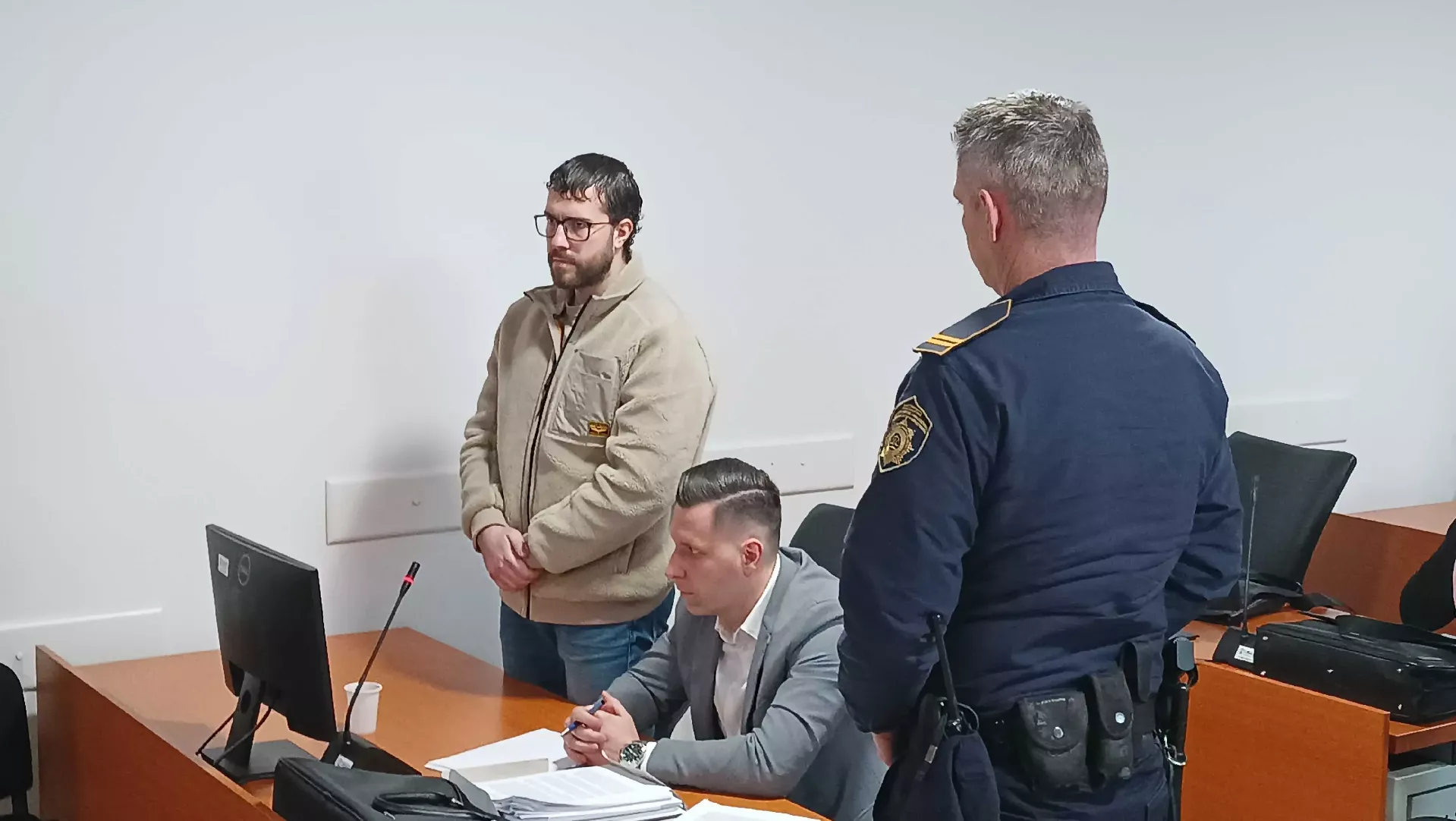

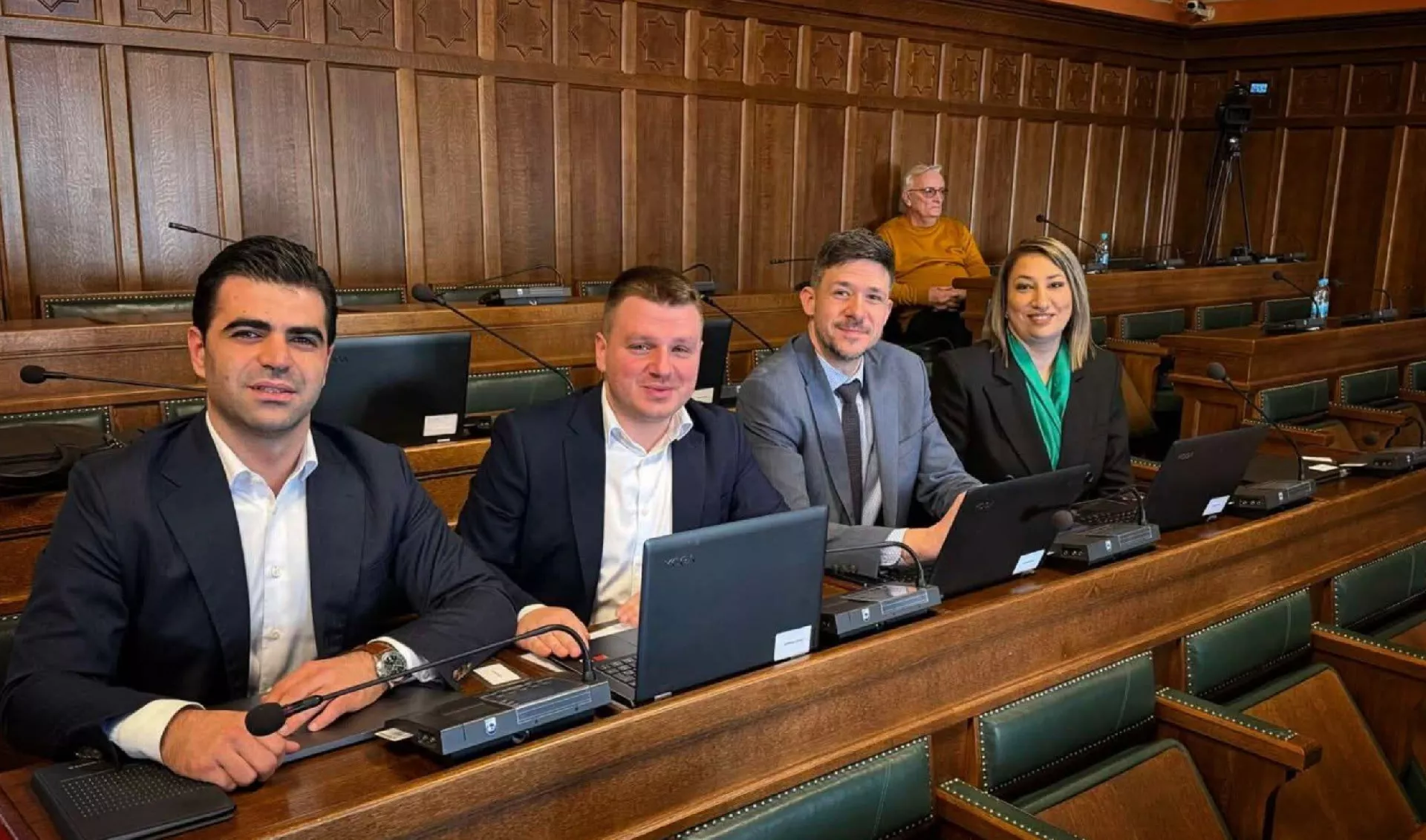
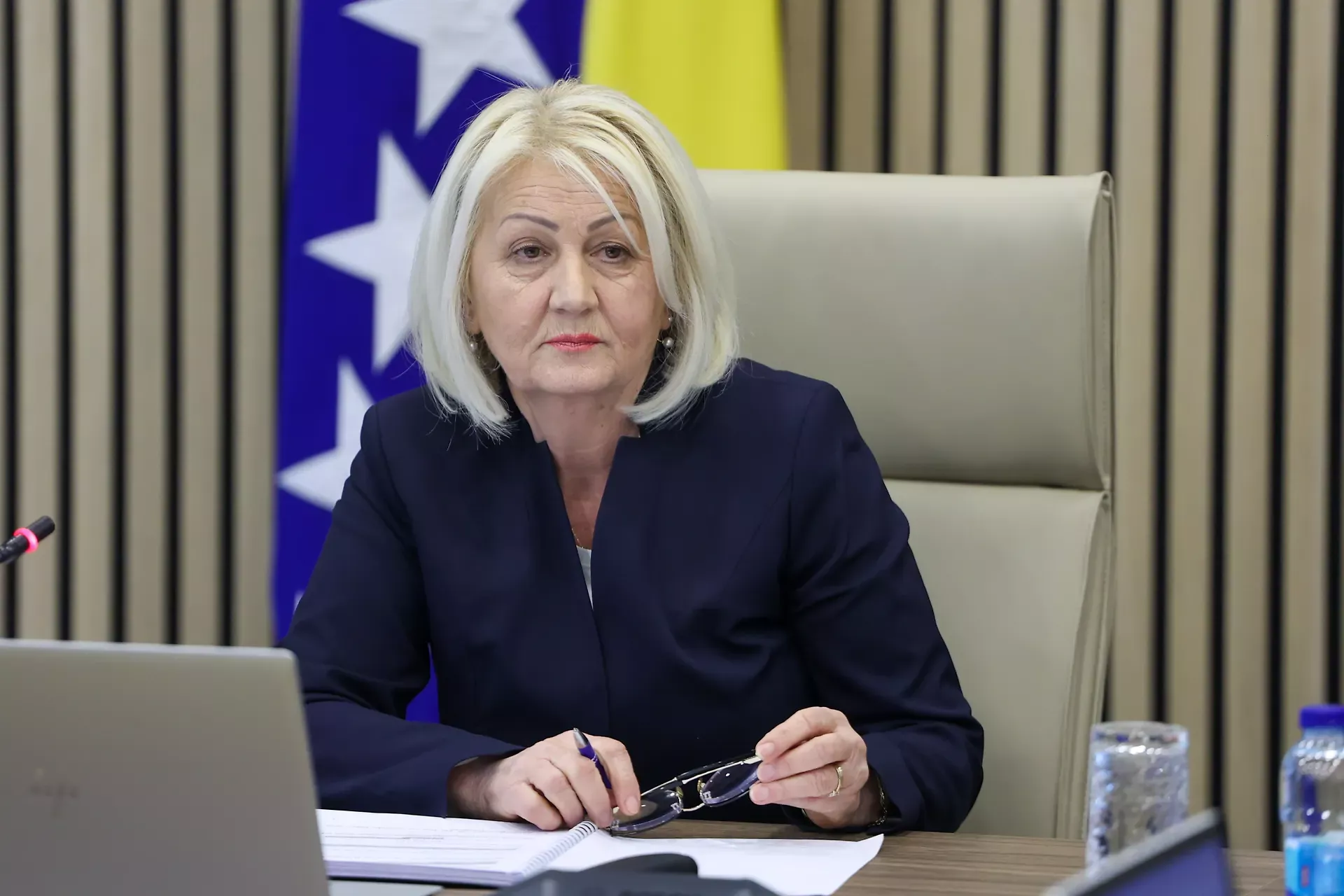
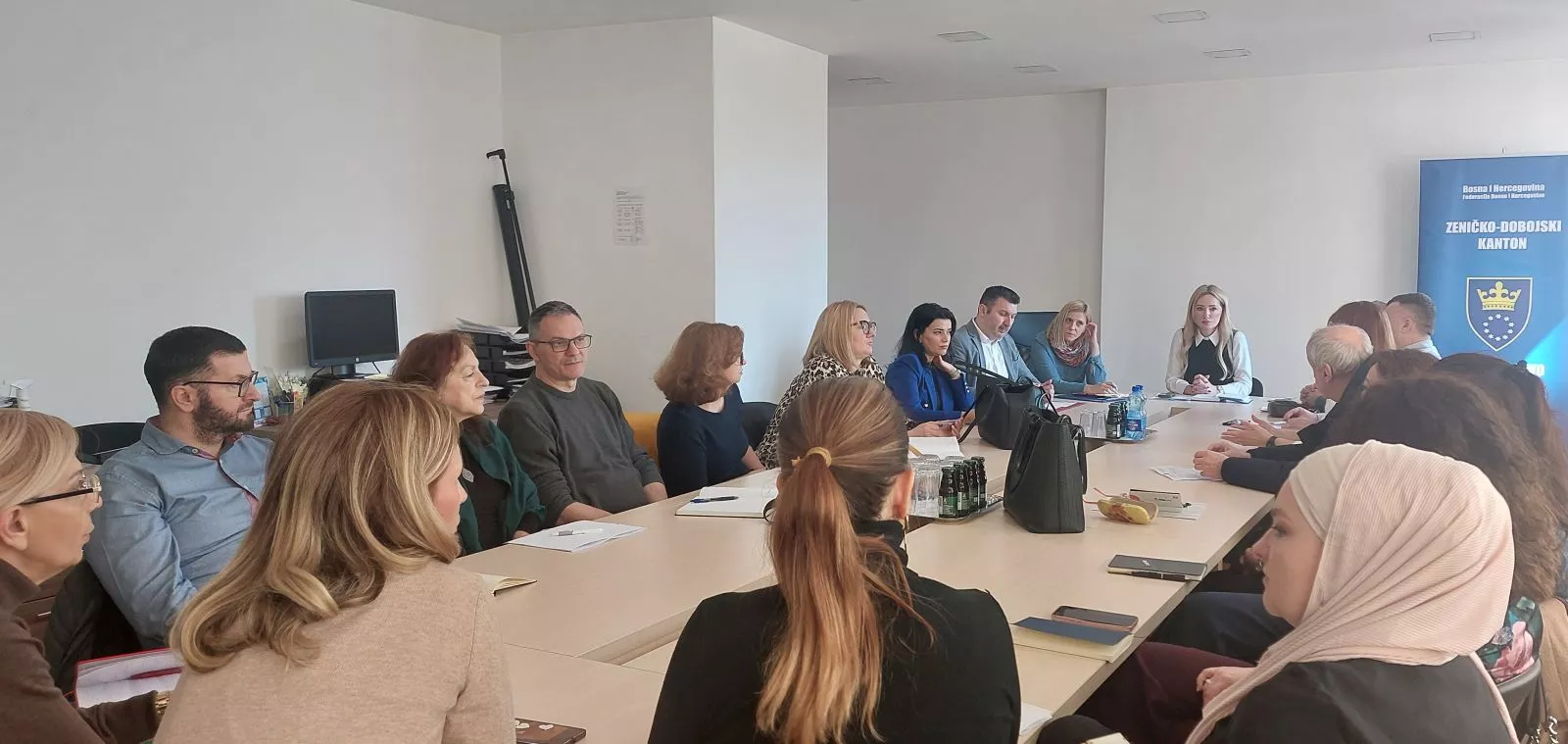

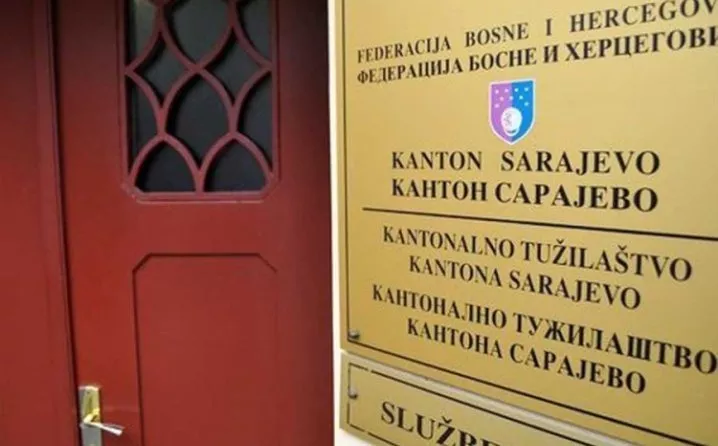
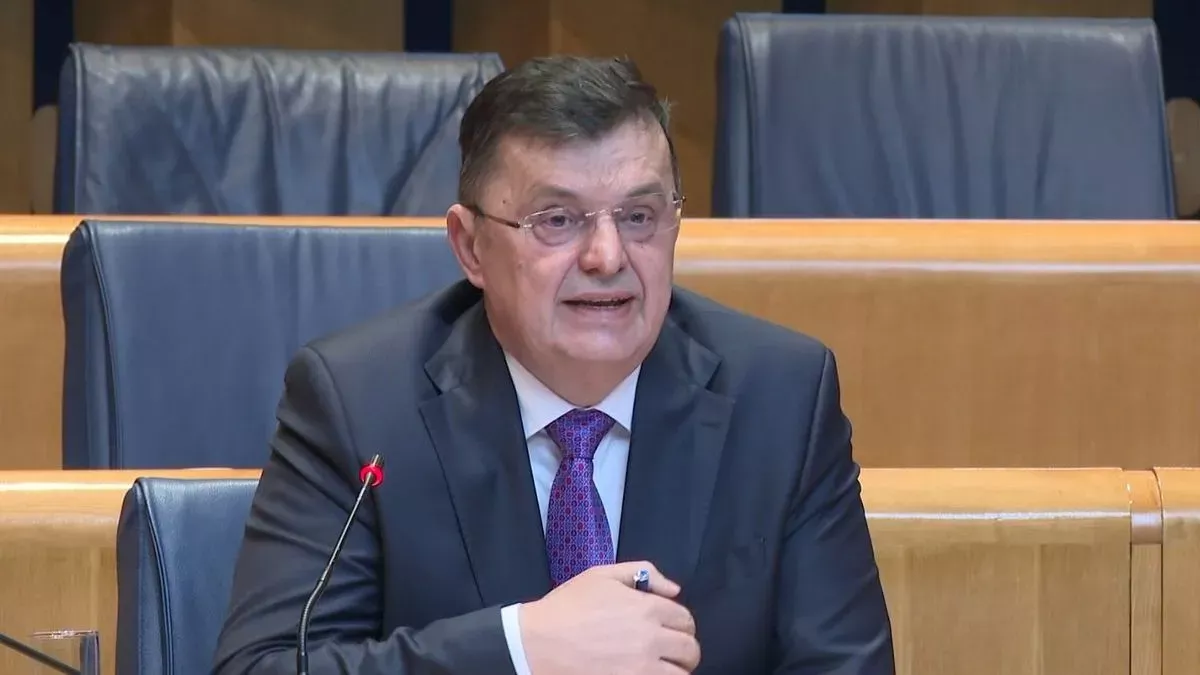
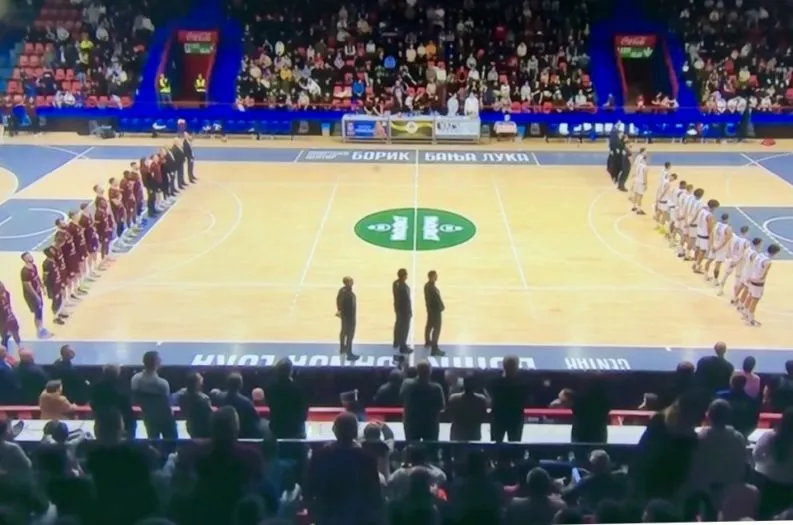
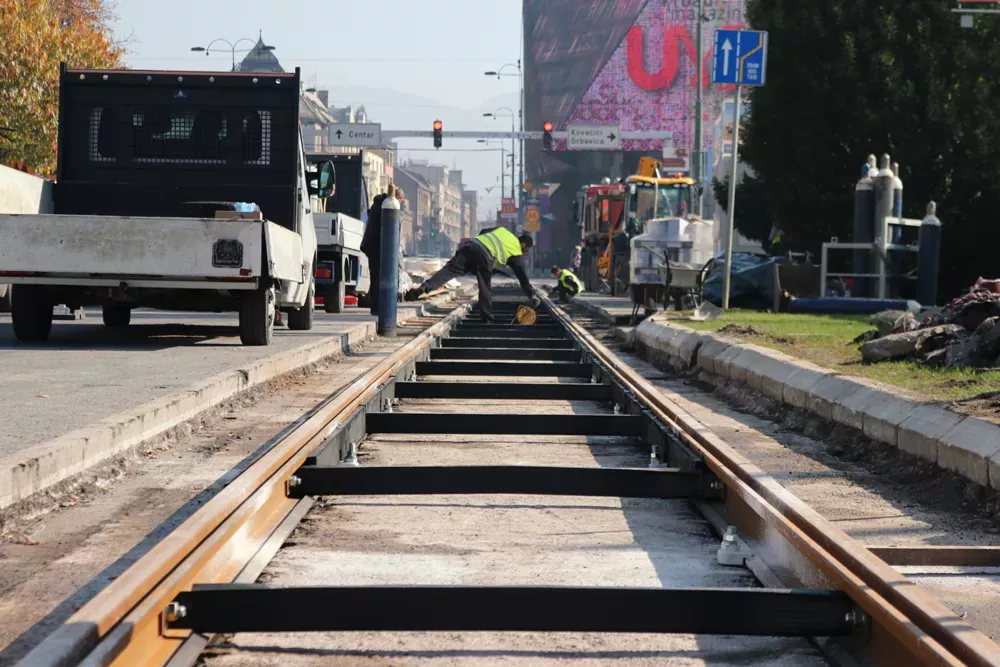
I believe education truly shapes our future by giving us the tools to grow, learn, and achieve dreams. Just like ebook ghostwriting services help authors share their knowledge with the world, education helps us express our ideas, making it the strongest foundation for a brighter tomorrow.